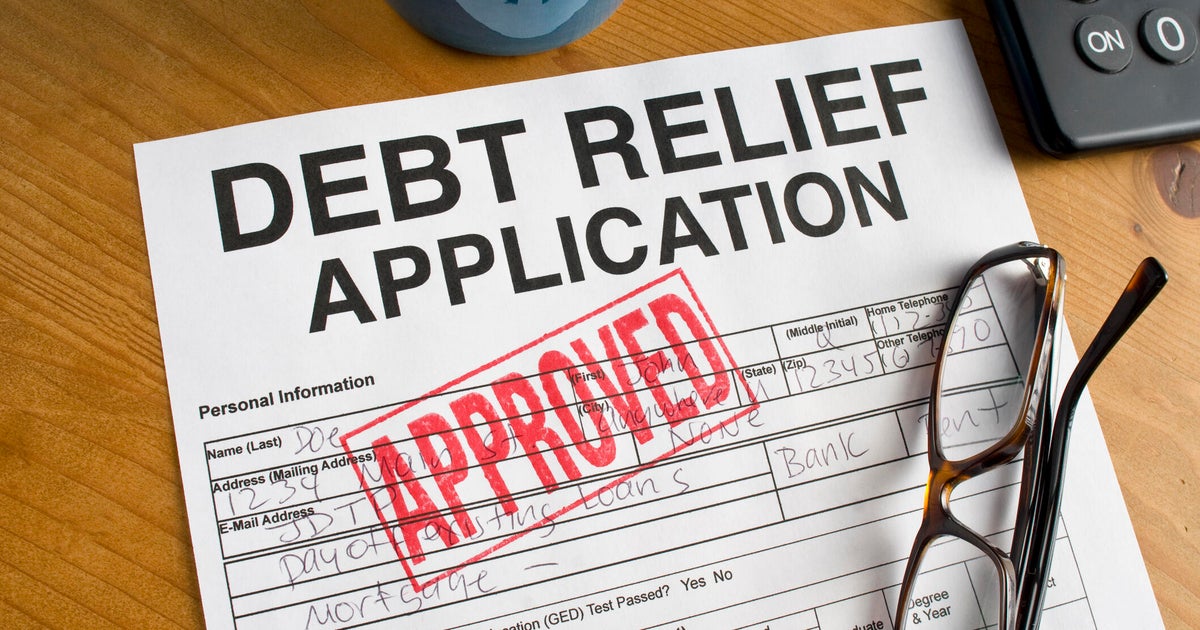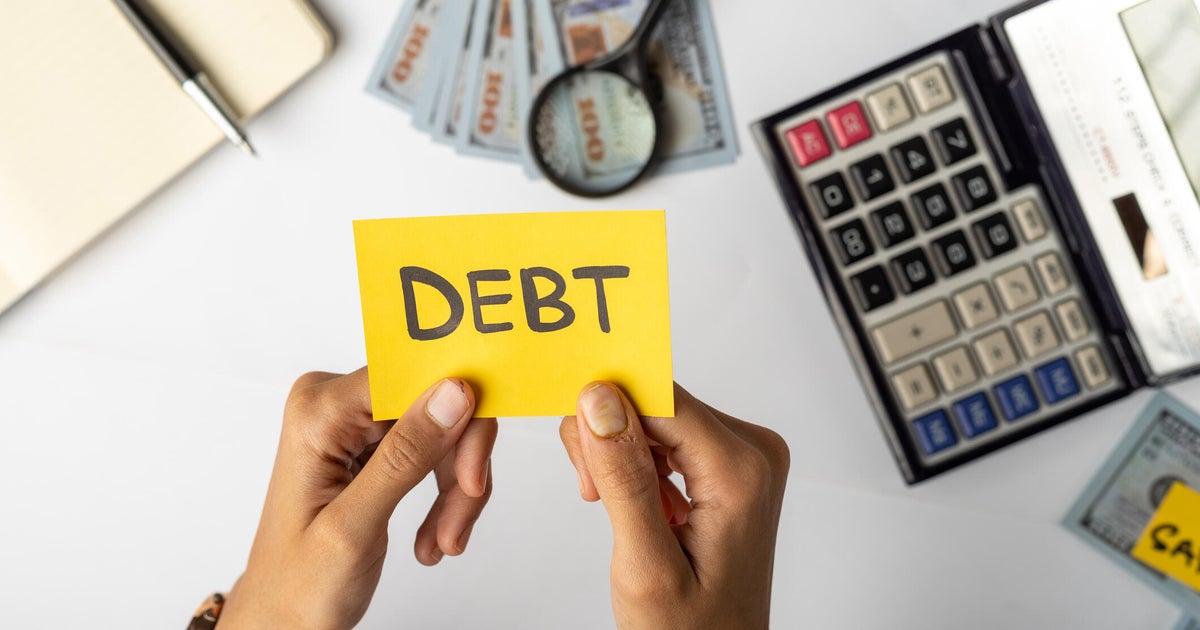What are the pros and cons of credit card debt forgiveness?
Credit card debt can be a hard issue to tackle, and it's a compounding issue across the nation right now. Not only is consumer credit card debt growing at an annualized rate of nearly 5%, according to the Federal Reserve — but delinquent credit card debts are growing at around 8.5% annually.
As the number of consumers who can't afford to make their credit card minimum payments grows, it makes sense for some to consider debt relief services to try and get credit card debt forgiven. Credit card debt forgiveness typically occurs as the result of a debt relief service known as debt settlement. With these services, debt relief experts negotiate with your creditors in an attempt to settle your debt for less than you owe.
When these negotiations are successful, a portion of your debt is forgiven, which can be a big help in some cases. However, if you're considering a credit card debt forgiveness program, it's important to consider the pros and cons first.
Tap into the debt relief you need now.
What are the pros of credit card debt forgiveness?
There are certain benefits to consider before you sign up for a debt settlement service, including:
Reduce the amount of money you owe to your credit card companies
One of the biggest benefits of credit card debt forgiveness is that it can result in a reduction of your principal credit card balance. As such, you could end up only paying back a portion of the debt you owe if the negotiations are successful.
Explore how debt settlement could help you with your credit card debt today.
You could save thousands of dollars over the life of your debt
Credit card debt is expensive. That's especially true if you plan on making minimum payments for the life of your debt.
For example, if you made minimum payments on $10,000 in credit card debt at 24% interest, you would pay $19,332.21 in interest, for a total payoff cost of $29,332.21 (assuming your minimum payments are structured as 1% of the balance plus interest).
On the other hand, let's say a successful debt settlement negotiation resulted in you paying only 50% of your principal balance. In this case, that's $5,000.
You could get out of debt faster
Debt settlement companies typically work to get their customers out of debt in three to four years. That's significantly less than the amount of time it would take to get out of debt by making minimum payments on your credit cards.
"You will have a system in place to systematically pay down the debt," says Robinson. "You now have a plan to get out of debt faster."
How much faster can you get out of debt with a debt settlement service? Using the same $10,000 debt at 24% as the example above, if your minimum payments were structured as 1% of your balance plus interest, it would take about 354 months for you to pay your debt off making only minimum payments. That's 29.5 years.
Even if it took four years to pay your debt off through a credit card debt forgiveness program, you would save over 25 years of payments in the process.
You could get some stress relief
Struggling to make your minimum credit card payments can be stressful. However, "the mental stress of mounting debt will likely be relieved" when you enroll in a credit card debt forgiveness program, says Brandon Robinson, president and founder of JBR Associates.
What are the cons of credit card debt forgiveness?
There are also some potential downsides to consider, including:
Creditors don't have to accept settlement offers
There's no law requiring creditors to accept a settlement offer, so there's a chance that your creditors will reject your offer. If this is the case, and negotiations are unsuccessful, you could end up having to pay your full balance plus the interest and fees that accrued as you saved for your settlement.
Credit card debt forgiveness could hurt your credit
There are a couple of aspects of credit card debt forgiveness programs that can damage your credit:
- You stop making payments to your creditors as you save for your settlement.
- Creditors typically report the debt as "settled" rather than "paid as agreed" on your credit report once it's paid off. This shows that the creditor wasn't able to collect on the full debt.
There will likely be tax implications
If your creditors write off the portion of your debt they've forgiven, you'll likely have to report it as income when filing your taxes. This can increase your taxable income, increasing your tax burden for the year the settlement occurred.
The bottom line
Debt settlement programs are a compelling option if you want to pay your credit cards off quickly and have no other reasonable way out of your debt. However, as with any financial product, these services come with their own set of pros and cons. If you're having a hard time making your credit card payments, though, debt forgiveness programs could provide the relief you need.






